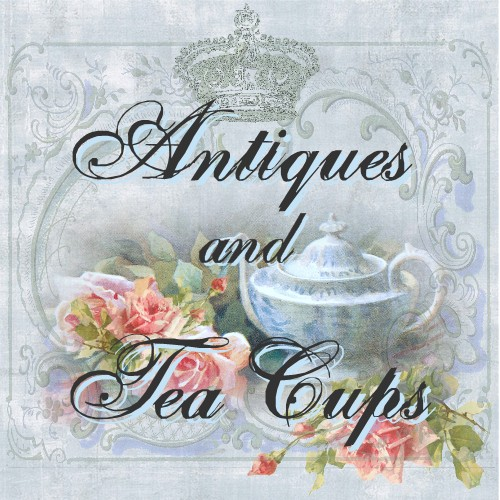Tea Quotes
Famous...and infamous...quotes about tea and tea parties...

Ladies all I pray make free,
And tell me how
You like your tea. ...
And tell me how
You like your tea. ...
from a 19th century Sunderland Lusterware teapot
A REMEDY FOR MELANCHOLY is always to keep a tea-kettle boiling on the hearth!... source unknown
'A woman is like a tea-bag. It's only when she's in hot water that you realize how strong she is!' Nancy Reagan quoting Eleanor Roosevelt
'Thank God for tea! What would the world do without tea? I am glad I was not born before tea!' Sydney Smith 1771-1845
'There are few hours in life more agreeable than the hour dedicated to the ceremony known as Afternoon Tea.' Henry James, author
Afternoon tea was originated in England in the 1800s as we know it and generally attributed to the 7th Duchess of Bedford who needed something to stave off afternoon hunger pangs while waiting for dinner and started the vogue of friends taking tea & gossip in the boudoir.
'I hope you'll all agree That a lady at tea Should never cut cake with a chopper Or throw pieces of coal At some old soul Who is wearing her husband's best topper' Words of popular song 1920s
'Or rub jam on the nose Of a colonel that blows That organ of smell like two trumpets Or insists that you drink Several cupfuls of ink And bombard all the pictures with crumpets!' MORE words of popular song 1920s
'In nothing is the English genius for domesticity more notably declared than in the institution of this festival--of afternoon tea. The mere chink of cups & saucers tunes the mind to happy repose.'
TEA SUPERSTITIONS...Should the lid be accidentally left off the tea pot you may expect a stranger bearing ill tidings.
By the end of the 18th century, the taste for china was being satified by the kilns of Staffordshire. Among the best was Spode, still in production today, and boasting 25,000 patterns.
'...half-past four at Manderley, and the table drawn before the library fire..the silver tray, the kettle, the snowy cloth.' Rebecca by Daphne Du Maurier
The perfect cup of tea: To brew the tea, fill a kettle with freshly drawn cold water and bring to a boil. Remove the kettle from the heat as soon as the water comes to a full boil--oxygen is lost as water boils, thus altering the taste of the water.
Warm the teapot by rinsing it with a little bit of boiling water; add the tea--one spoonful for each person plus 'one for the pot.'
"I'm sending you love & tea, To warm your winter's day. Think of me as you pour your cup, And all the good things we would say. If we could be together now, Instead of miles apart,We'd sip our teas & memories, As the sweet warmth fills the heart." ... Susan Young
"Somehow, taking tea together encourages an atmoshpere of intimacy when you slip off the timepiece in your mind and cast your fate to a delight of tasty tea, tiny foods, and thoughtful conversation."... Gail Greco
"I love things that bear the touch of time, chips and all--they're more beautiful than perfection." A retired prima ballerina in Victoria Magazine March 1992
"There are few hours in life more agreeable than the hour dedicated to the ceremony known as afternoon." ... Henry James
One sip of this (tea) will bathe the drooping spirits in delight, beyond the bliss of dreams." Milton
A' 'Storm in a Teacup' means much ado about nothing and although sounds English can be traced to a latin expression meaning 'raising a tempest in a ladle'
'The cup that cheers' refers to a cup of tea and is from a verse William Cowper wrote about tea in 1785: And, while the bubbling and loud hissing urn, Throws up a steamy column, and the cups, That cheer but not inebriate, wait on each.
“I am so fond of tea that I could write a whole dissertation on its virtues. It comforts and enlivens without the risks attendant on spirituous liquors. Gentle herb! Let the florid grape yield to thee. Thy soft influence is a more safe inspirer of social joy.” James Boswell 1740-1795
Now for the tea of our host, Now for the rollicking bun, Now for the muffin and toast, Now for the gay Sally Lunn! The Sorcerer, Gilbert & Sullivan 1877
